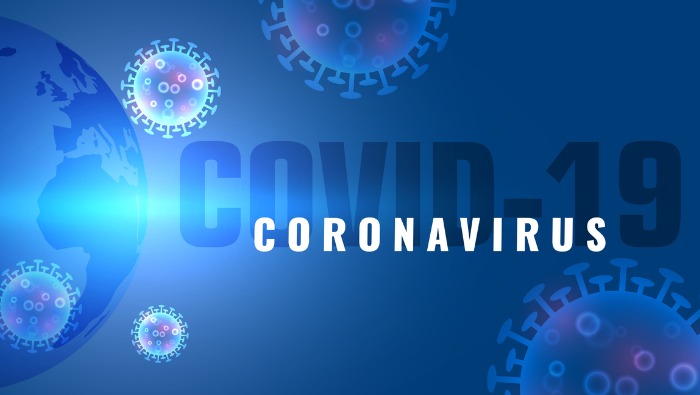On April 18th, 2023, the Internal Revenue Service (IRS), Department of Labor (DOL), and Department of Health and Human Services (HHS) jointly issued frequently asked questions (FAQs) about COVID-19 healthcare coverage as the public health emergency (PHE) ends. The federal COVID-19 PHE is likely to end on May 11th, 2023. With that, COVID-related coverage and payment requirements will change. While coverage at the federal level will change, some states may still have COVID-19 healthcare coverage extensions in place. Last year, California extended some COVID-19 pandemic-related aid until 2024.
Overview of Post-Pandemic COVID-19 Healthcare Coverage
Based on current trends, the HHS expects the federal COVID-19 PHE to end on May 11. After that, COVID-19 healthcare coverage and payment requirements will change for employers and covered entities. The following changes under the Families First Coronavirus Response Act (FFCRA) and the Coronavirus Aid, Relief, and Economic Security Act (CARES Act) will take effect after May 11:
- Plans and issuers will not need to provide coverage for COVID-19 diagnostic testing that is furnished after the PHE ends.
- However, if they provide such coverage, they may require cost-sharing, prior authorization, or other medical management requirements for those services.
FAQs About Affordable Care Act and CARES Act
In FAQs Part 59, the agencies answer questions clarifying the implementation of the CARES Act along with the Affordable Care Act (ACA). Specifically, answers reflect the recent United States District Court for the Northern District of Texas decision in Braidwood Management Inc. v. Becerra. Briefly, the district court ruled that the employer did not need to cover some preventative healthcare services due to religious beliefs. Employers can find the following notable question and answer in this FAQs sheet:
Q: How does the Braidwood decision affect the requirement under CARES Act section 3203 to cover qualifying coronavirus preventive services?
A: The Braidwood decision does not change the requirement to cover without cost-sharing immunizations recommended by the Advisory Committee on Immunization Practices (ACIP), including COVID-19 vaccines and their administration. However, as of the date of these FAQs, the United States Preventive Services Task Force (USPTF) has not recommended any qualifying coronavirus preventive services with an “A” or “B” rating, so there is no impact to plans’ and issuers’ coverage of these services.
FAQs About the FFCRA, the CARES Act, and HIPAA
Meanwhile, FAQs Part 58 offers guidance on implementing the FFCRA, the CARES Act, and the Health Insurance Portability and Accountability Act (HIPAA). Employers should note the following question and answer from this FAQs sheet:
Q: Do the COVID-19 testing coverage requirements under section 6001 of the FFCRA apply to items and services furnished after the end of the PHE?
A: No. Section 3202(a) of the CARES Act requires plans and issuers providing coverage for COVID-19 diagnostic tests under section 6001 of the FFCRA to reimburse any COVID-19 diagnostic test provider the cash price listed on the provider’s website if a negotiated rate was not in effect before the PHE.
Additional questions addressed how requirements under the COVID-19 emergency relief notices related to disregarded periods for individual actions will change after the PHE ends.

